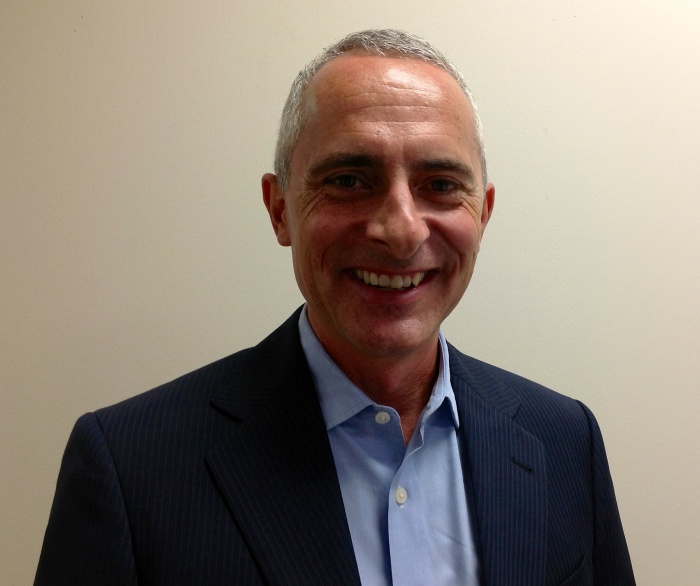
The proposition to build the Northern Gateway Pipeline–which could transport heavy crude bitumen to tankers which would then carry it to the US and China–from Bruderheim, Alberta to Kitimat, BC has had no shortage of critics. Those opposed to it are concerned about its potential economic and environmental impacts, while those in support of it say the potential economic gain is large. Here at Camosun, the Camosun College Student Society (CCSS) has joined the list of critics.
“The Camosun College Student Society, as a member of the Canadian Federation of Students-BC, is opposed to the construction of the Enbridge Northern Gateway Pipeline and the supertankers that it would bring to the coast of BC,” says CCSS external affairs executive Madeline Keller-MacLeod.
But Calgary-based pipeline transport company Enbridge says the pipeline would have economic benefits for not only British Columbians and Albertans, but also people across Canada.
“One of the main benefits of this pipeline, in our opinion, is the economic benefits,” says Enbridge communications manager Ivan Giesbrecht. “For example, $270 billion in GDP over 30 years. $400 million in employment and contracts for aboriginal communities and businesses. $4.3 billion of labour-related income across Canada during construction. Specifically, 560 long-term jobs for British Columbia, and $1.2 billion in provincial tax revenues over the next 30 years.”
Those numbers don’t add up for some people. Galen Armstrong, Sierra Club BC’s outreach coordinator, says that the pipeline is actually going to have negative economic effects.
“It’s pretty obvious to most people at this point that Enbridge is here to make money,” says Armstrong. “They’re not here to improve the economy. In fact, I firmly believe this pipeline is going to hurt the economy in a lot of ways. One of the main things is that oil spills are pretty much inevitable. Oil companies expect oil spills to happen all the time, they happen all the time, and they hurt the economy, they hurt people.”
Giesbrecht says that Enbridge understands these issues, and admits a clean-up would be a challenge, but says that it is not impossible.
“First of all,” says Giesbrecht, “I think the people of British Columbia need to be reminded that oil-tanker traffic is already happening on the coast. So this is not something that Enbridge is introducing. Tankers have been moving in and out of Vancouver for the last 30 years; over the last 25 years there have been over 1500 tankers that have moved in and out of Kitimat through the Douglas Channel on the same route that we’re proposing. So to suggest that it’s impossible to navigate these waters is not the case.”
Madeline-Keller MacLeod isn’t buying Giesbrecht’s optimism, though.
“The environmental damage that an oil-tanker spill would cause, not to mention the loss of jobs in tourism and natural-resource industries,” she says, “far outweigh any benefits this project could bring.”
